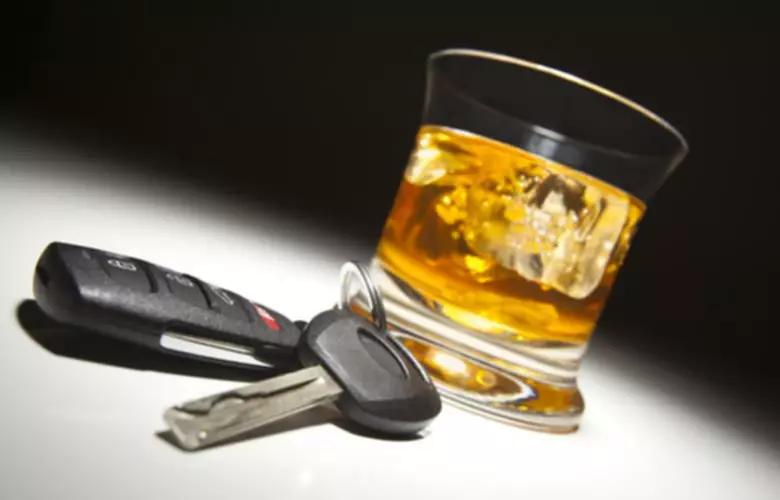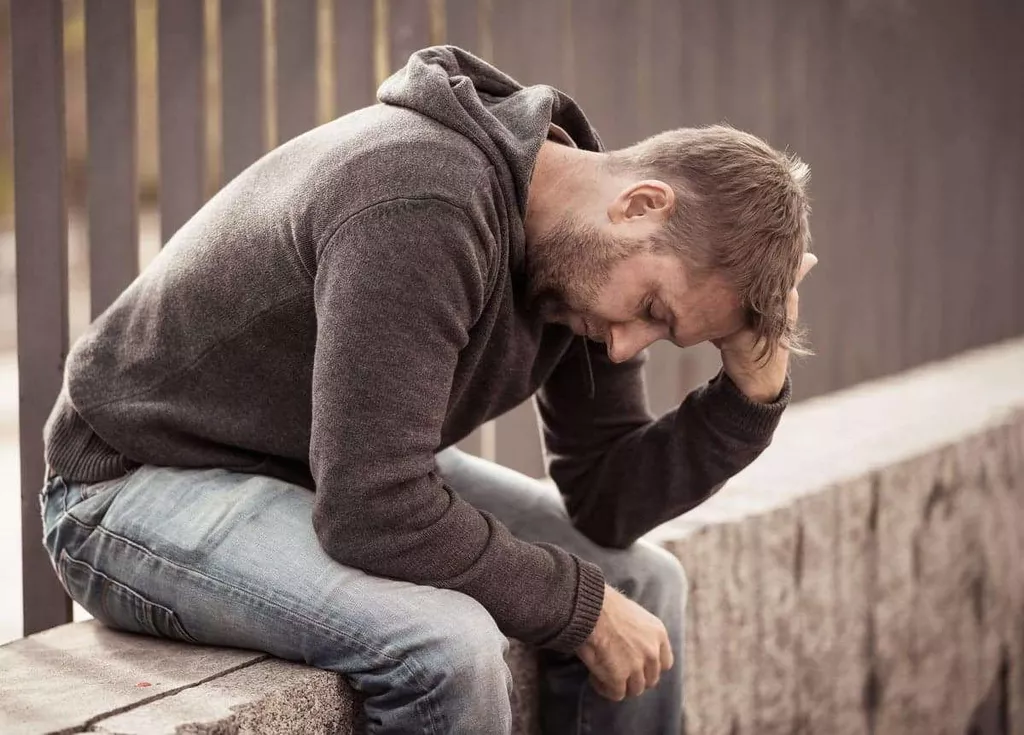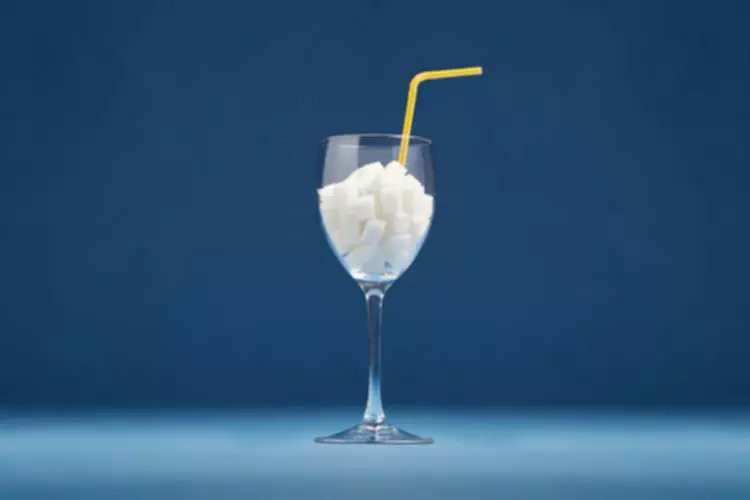
It means making decisions that will improve your life and benefit your mental, emotional, and physical health. It means thinking before you act and making conscious choices with your best interest in mind. Schedule an exact https://ecosoberhouse.com/ time each day to internally check in. There will be days that are hard and on those days, you’re going to be thankful you scheduled time to check in and not feel overwhelmed.
Are Sober People Healthier?
It’s pretty nice to actually enjoy your coffee and not use it as a lifeline. Plus, having the energy to get things done or just chill and enjoy the morning quiet. Mornings just become a whole lot better without the fog of last night’s drinks hanging over you. Sobriety turns mornings from something you dread into parts of the day you can actually look forward to. Waking up without a hangover means you get to start your day feeling good, not trying to piece together the night before or chugging water to battle dehydration. The enjoyment of mornings without hangovers can be one of the first benefits enjoyed, often within the first week of sobriety.
- Support programs can also provide you with new friendships and communities that can make sobriety less difficult to navigate.
- Nine of those are listed here if you need some inspiration to get sober or to assist you with a battle against temptation or difficulty.
- If you’re looking for motivation, proof, or just a reminder that change is possible — start here.
- Thankfully, I am still very close with my friend and she wasn’t super upset about me missing her birthday, but I certainly was.
FIRST STEPS RECOVERY
Embracing sobriety is a life-changing decision that offers numerous benefits across all aspects of your life. If you or someone you love is considering this path, Uplift Recovery is ready to support you. Alcohol contains a high number of empty calories, which can contribute to weight gain. Health benefits of going sober include losing weight due to cutting out these excess calories and enhancing metabolic functions. Many also find that sobriety leads to making healthier food choices and increased physical activity.
Enhanced Mental Health

Your mind may tell you’re worthless and that you don’t deserve a better life. Your mind may tell you it’s hopeless and that no one will ever trust you again. It may feel hopeless right now, but trust can be rebuilt over time. Guilt is a sense of doing something wrong, whereas shame is the sense of being a bad person. When drinking or substance use gets out of one’s control, it can spiral downward at a rapid pace.
- A mental health professional can help you cope with some of the challenges you’ll face on your path to sobriety.
- But abusing drugs or alcohol over an extended period can cause more severe health consequences, including cardiovascular, respiratory and psychological problems.
- There’s a unique and powerful story behind every person’s decision to stay sober.
- Fortunately, there are many resources available to those who do decide to quit.
- Take that thought and imagine it as a fish and let it float out of your vision.
- Getting sober gives you the chance to follow your dreams – staying sober gives you more opportunity to reach them.
Habits for Proper Mental Health
- This can be lamentably true for dependents like children or older parents.
- Remember to set achievable goals that can help you build confidence in your ability to overcome your addiction.
- Our Resource Specialist can help you find expert mental health resources to recover in your community.
- The inspiration to live a sober lifestyle can come from loved ones, from people in similar situations or simply from thinking about the consequences of substance use.
- When addiction directs your life, you come to work late and miss deadlines.
- When you’re in recovery, you don’t have to think about the effects of hangovers or blackouts.
By avoiding substance abuse and drug addiction, you can save a substantial amount of money that would otherwise be spent on drugs or alcohol. This extra money can be used to pay off debts, save for the future, or enjoy life’s pleasures without the financial stress caused by addiction. Secondly, staying sober is important because of the people around you. Your friends and family have reasons to stay sober likely been through quite a bit with you on your journey to sobriety.


Active addiction ruins friendships and tears families apart. When active in your addiction, you might be physically present… but you will never fully be there. For instance, individuals who take these substances five times a day could reduce years from their lives. Another reason to stay sober and clean is, Having a drug problem can be detrimental to your finances in many ways.

Reasons To Stay Sober In Difficult Times

Talk to your therapist, other healthcare provider, or sponsor about how to deal with your anger in ways that won’t cause you to harm yourself or others or turn to alcohol or drugs. Rebuilding trust is a crucial step in repairing relationships damaged by addiction. Choosing to stay sober can have a profound positive impact on your mental health. Leaving alcohol out of your daily life also contributes to your overall cardiovascular health, and reduces your risk of heart disease. And if that wasn’t enough reason to hit the ground running toward sobriety, enhanced lung function and a decrease in respiratory issues might be.
- If you don’t drink, you won’t have to nurse a hangover in addition to trying to muddle through whatever issues you are facing.
- When frequently using alcohol or other substances, life can become chaotic, making it challenging to stick to a schedule.
- Sobriety is about more than abstaining from substances; it’s about reclaiming a life that’s worth living and making decisions from a place of clarity and purpose.
- In short, not drinking alcohol greatly contributes to happier, healthier organs and body systems.
Removing daily substances from your system causes a sort of waterfall effect of changing mental and bodily functions. Metabolism rises and falls, bowel movements, and even one’s ability to focus on tasks. Food can be a trigger as much as family or a job can. Take on a diet that’s sustainable (not just a fad) and stick to it to help establish a new routine. Most people in marijuana addiction recovery undergo at least one relapse, but you learn from each experience.
